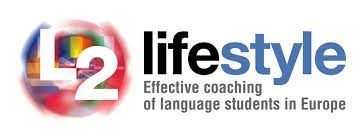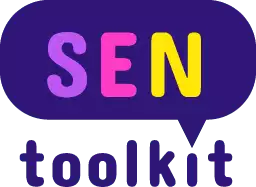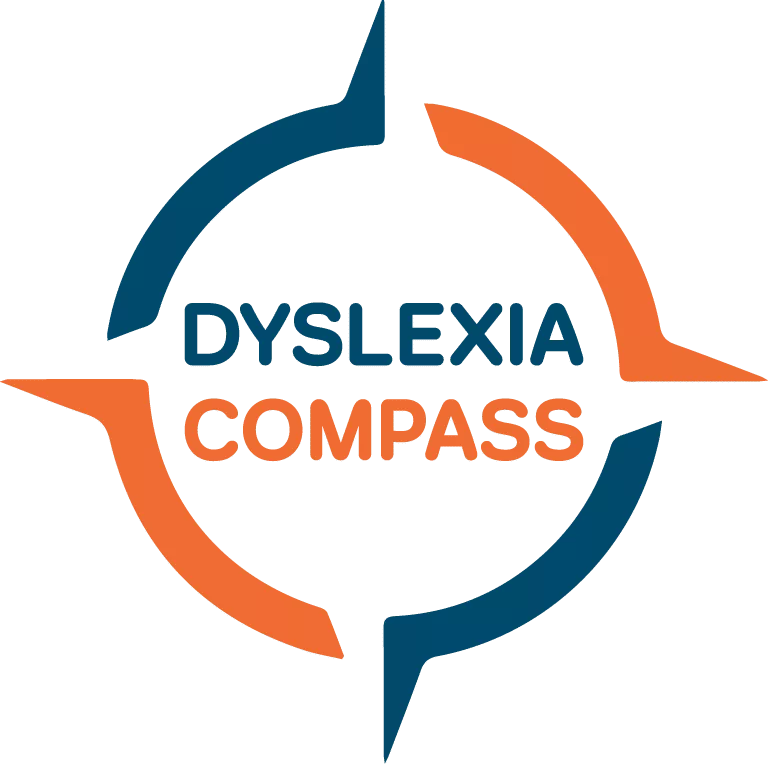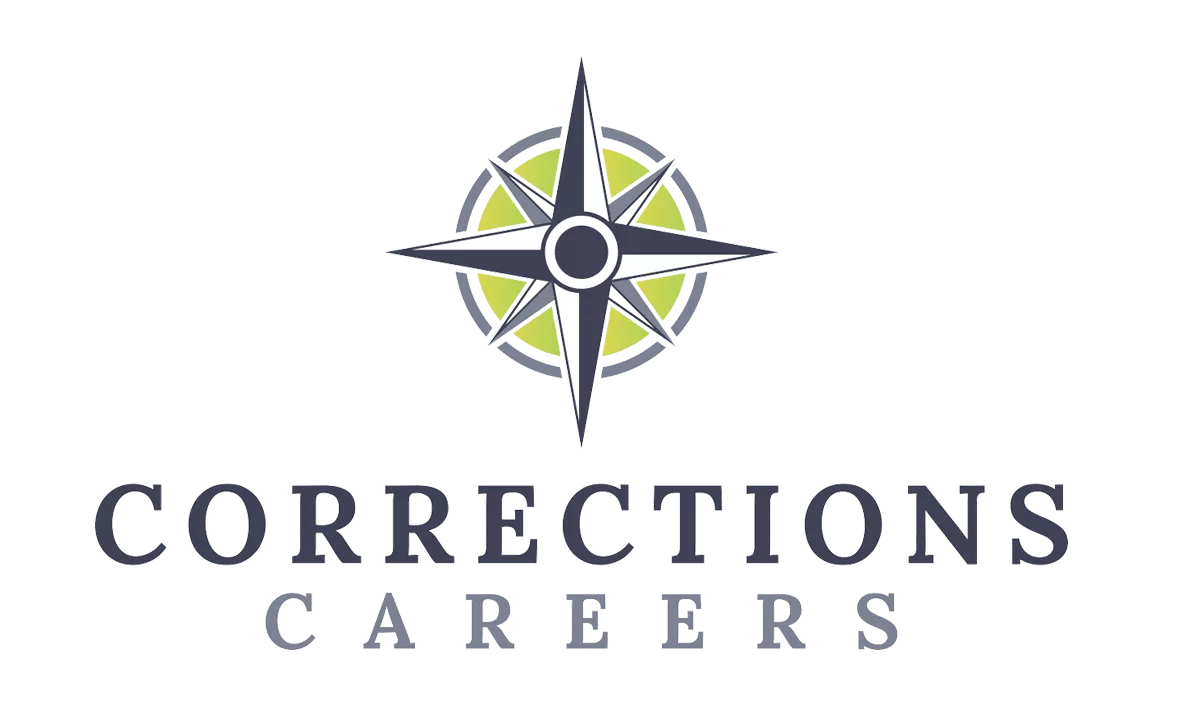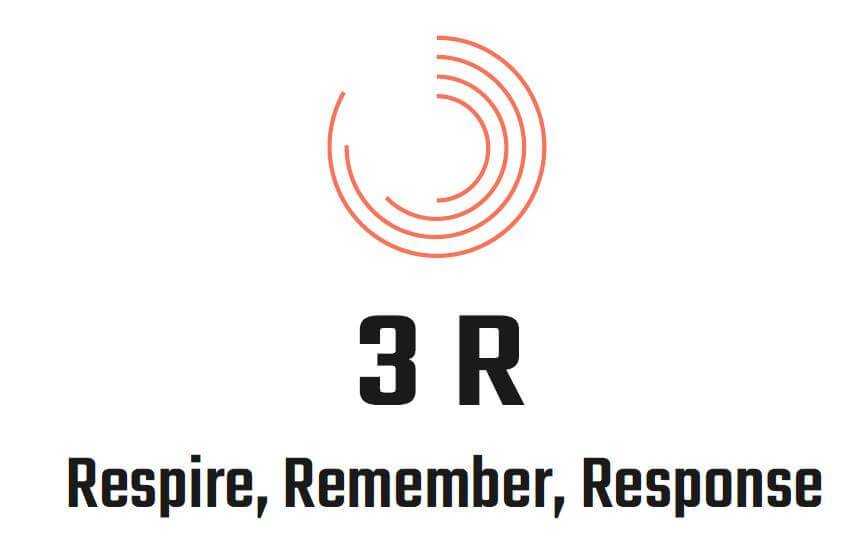The L2 Lifestyle project exists to increase language learners’ motivation across Europe. Language learners want to find some meaningful connection between the words and phrases they learn and their deep desires and motivations for learning a language. Incidentally, so do we – we’re all learners of other languages or have experience of teaching languages and running language schools across Europe. But we believe we need to rethink some of the techniques we use to teach languages.
The L2 Lifestyle project upskills language teachers in using coaching techniques in the L2 language classroom. We provide L2 language teachers across Europe with the necessary tools and knowledge to be able to offer more effective language learning to their adult language students.

